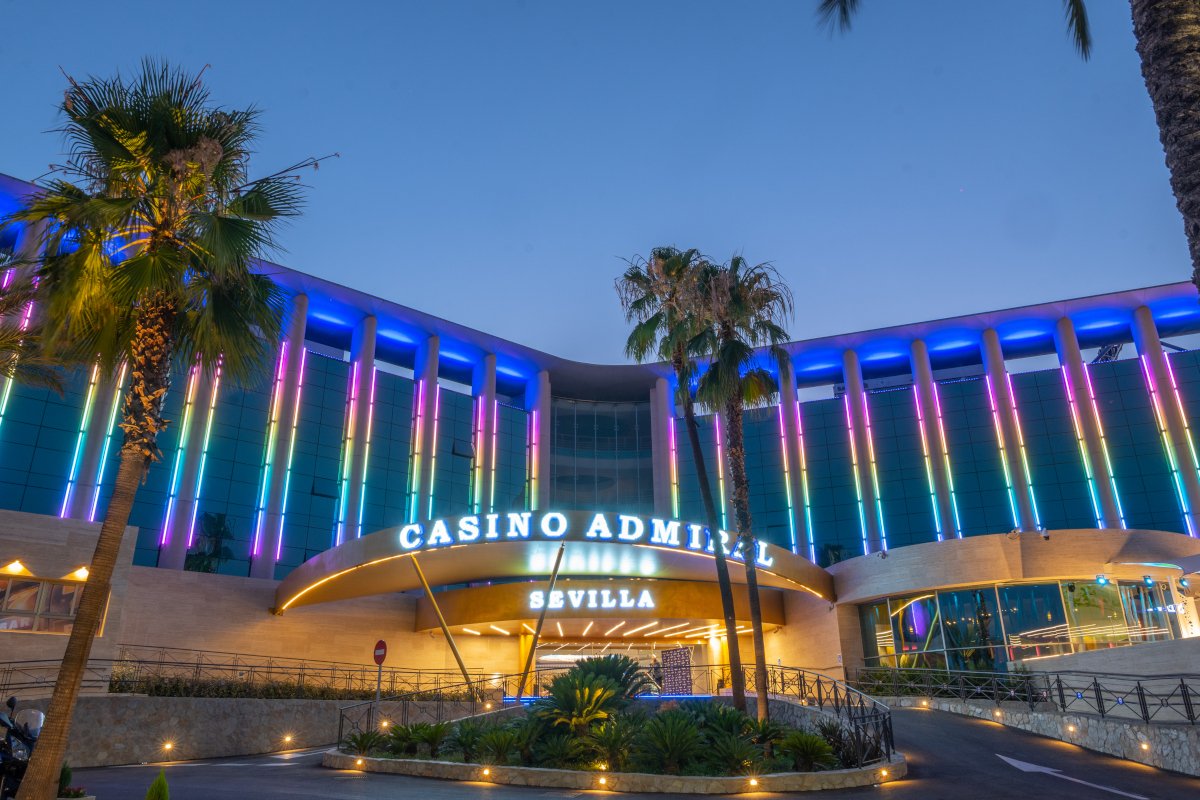Posted on: June 20, 2022, 09:05h.
Last updated on: June 20, 2022, 10:46h.
In the first quarter of the year, Spain’s gambling revenue slipped from its level in the previous quarter. Casino gambling held its own in the period, but less attention was paid to sports betting.

Spain’s Directorate General for the Regulation of Gambling (DGOJ, for its Spanish acronym), its gambling regulator, reported that gambling revenue fell by 14.8% in the first quarter. As a result, total gross gaming revenue (GGR) was €204.4 million (US$215.17 million).
This figure represents an increase of 16.25% over the previous quarter. But, at the same time, it’s also a decrease of 14.83% over the same quarter of 2021.
Stakes Up, Winnings Down
The market reported €7.41 billion (US$7.8 billion) staked, a 5.3% year-on-year increase. This was the result of an additional €769.8 million (US$810.6 million) in deposits in the period, a 7.1% quarter-over-quarter increase.
In the casino segment, there was a growth of 3.26% compared to the fourth quarter of 2021, and a positive annual variation rate of 11.52%. From stakes of €3.72 billion (US$3.9 billion), casino gaming generated revenue of €111 million (US$$116.86 million), a year-on-year increase of 11.5%.
Two primary factors skewed the numbers. First, slot machine revenue was €64.9 million (US$68.3 million, a year-on-year increase of 1.2%. However, roulette activity lost 5.2%, closing at €34.3 million (US$36.11 million).
Poker gave the first quarter of the year an increase of 19% over the previous quarter. At the same time, it delivered a decrease of 2% compared to the same quarter of the previous year. As a result, tournament poker increased, with a quarterly variation rate of 26.75%, resulting in a negative annual drop of 9.5%.
The sports betting segment has seen a lot of fluctuation over the past year. Its quarter-over-quarter growth rate is 49.07%, but that also represents a year-on-year decline of 40.9%. Sports betting stakes increased 10.6% year-on-year to €3.06 billion (US$3.22 billion), while revenue was €65.2 million (US$68.6 million).
Affiliate Marketers Rake In the Money
Spain’s new advertising restrictions caused direct marketing budgets to plummet dramatically. However, operators figured out a way around the restrictions.
The amount dropped by 27.7% year on year. The ban on sports partnerships effectively reduced sponsorship spending, which fell from €9.4 million (US$9.9 million) to €632,784 (US$666,384). However, affiliate marketing saw an 84% increase in spending to €22.7 million (US$23.9 million) due to the new restrictions.
Spain’s Ministry of Consumer Affairs imposed restrictions in November that limited gambling advertising to the time period between 1 AM and 5 AM. Together with the Spanish media body, the Information Media Association (AMI, for its Spanish acronym), iGaming association JDigital filed an appeal against the measure. They argue that the royal decree is invalid without constitutional approval.
JDigital reported that it is moving forward with its appeal against the royal decree. This comes as Spain’s Supreme Court ruled that the appeal should be subject to a constitutional review.
More Gambling Harm Research Coming
Studies have shown that Spain has a relatively small segment of the population that fall into the category of problem gambling. It’s only around 4%, indicating that the country has a good grasp on its gambling industry. However, it wants to take a closer look.
Last week, the Ministry of Consumer Affairs put in motion a plan that it announced earlier this year. It will allocate €1 million to subsidies for the development of research activities related to the prevention of possible gambling disorders, derived effects, and risks associated with this legal activity.
The beneficiaries may be public centers and private research centers, as well as nonprofit entities that carry out research on the gambling industry. In addition, entities can participate that collaborate with research centers and whose governing bodies are not included by operators who organize or conduct gaming.
The Ministry is now taking applications for consideration in the program. Entities have another three weeks to submit their requests.
